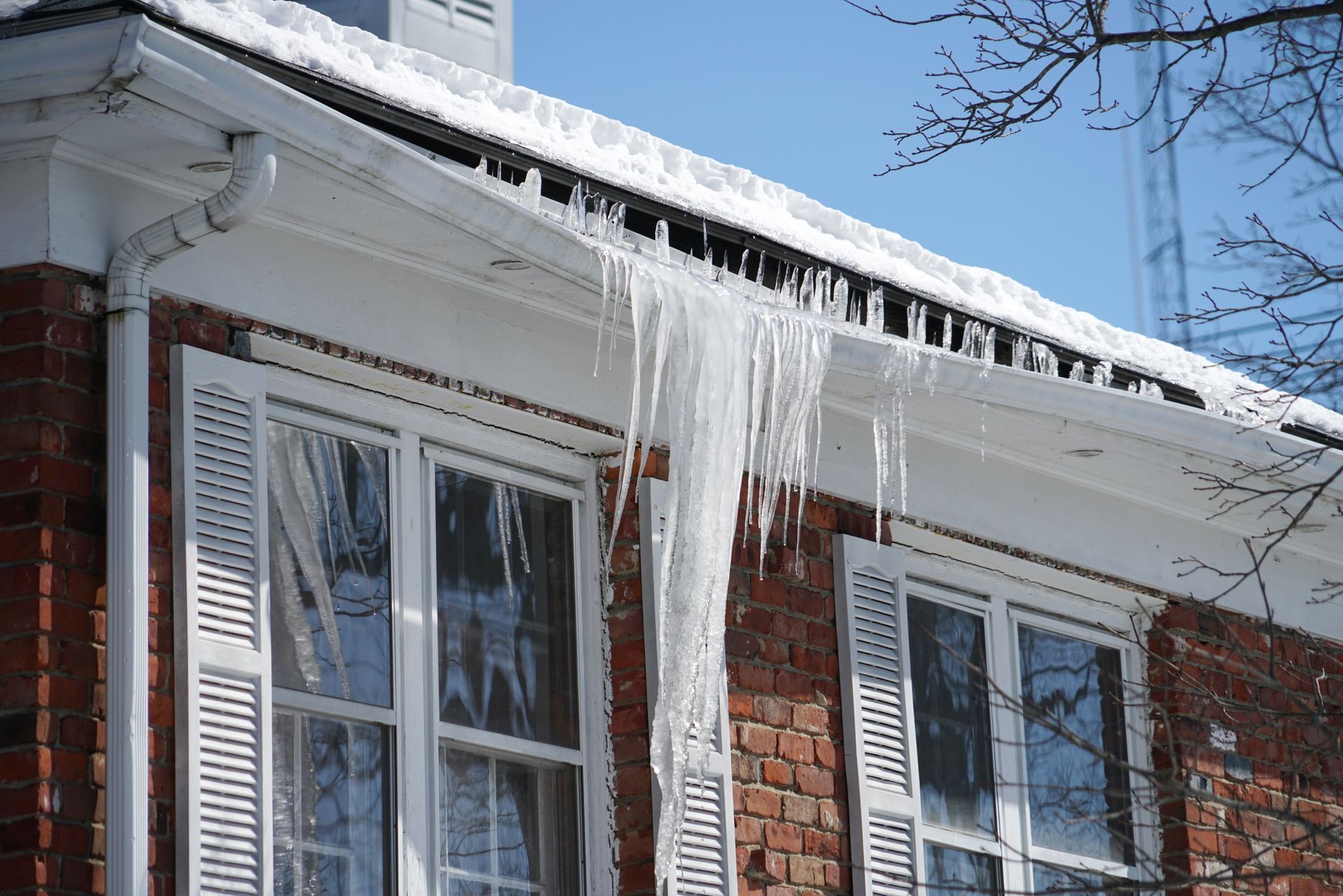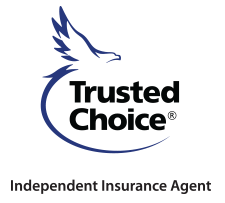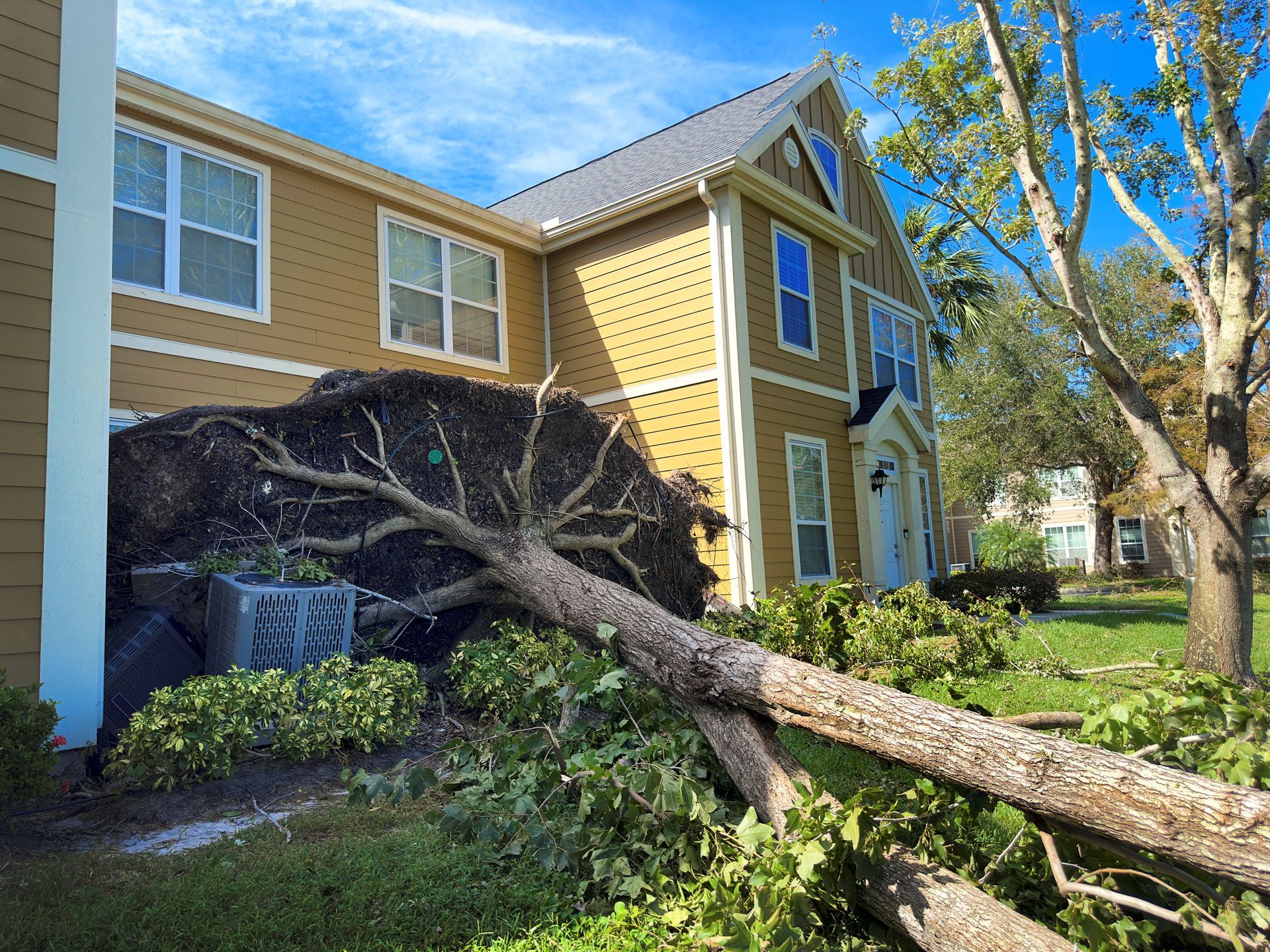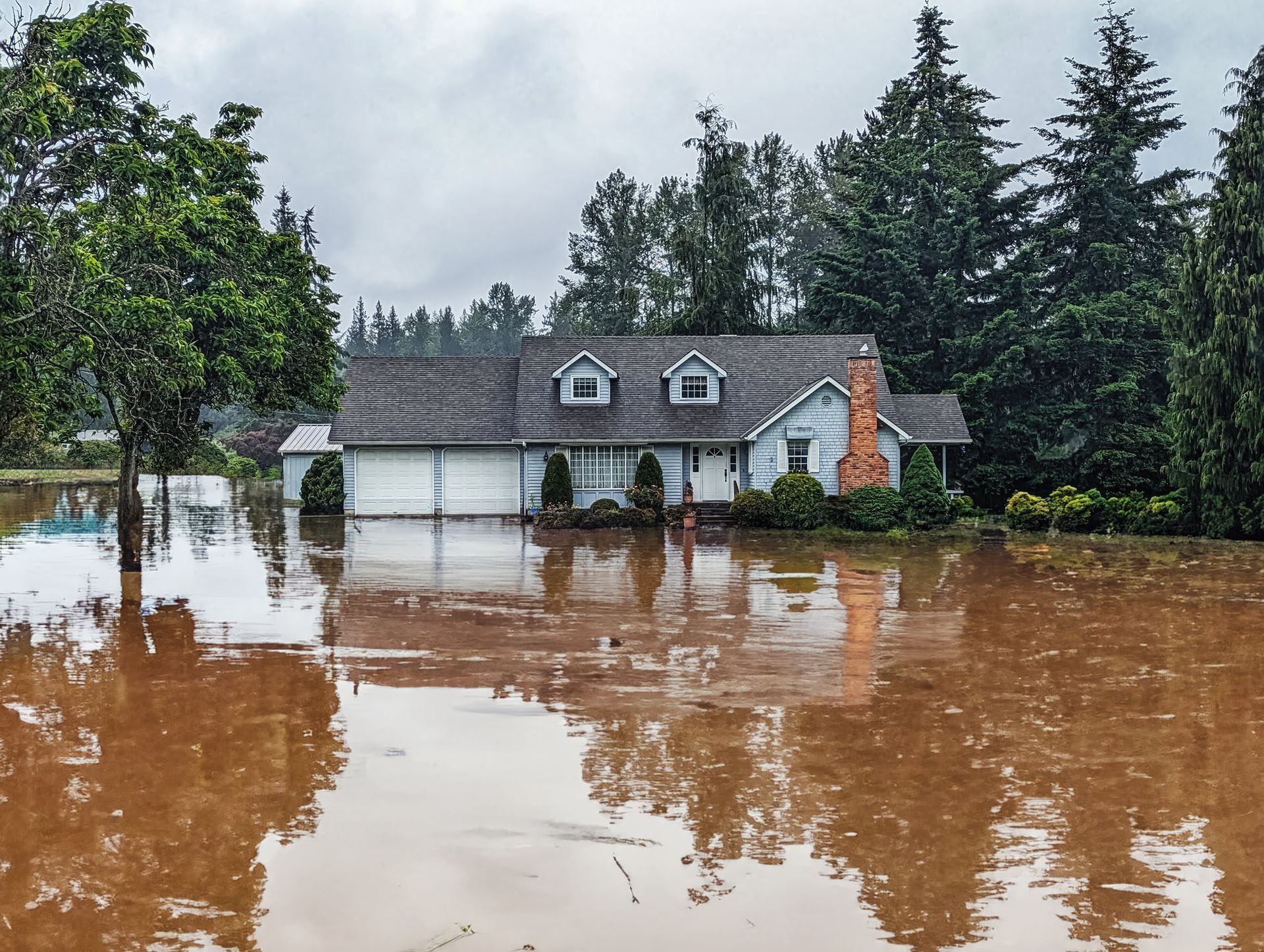Life Insurance – You are worth more than you think!

Life insurance is important - and worth having before you really need it. If you’re nodding in agreement but also wondering How much life insurance do I need? you’re not alone!
Even though we can’t predict when our time is up, we can control how much of a life insurance payout our loved ones will get when we die. What better way is there to lift those financial worries from your family’s shoulders?
Let’s look at how to work out your magic number. And don’t sell yourself short; you’re worth more than you think. . .
How Much Life Insurance Do I Need?
Let’s get straight to the point: you need coverage that’s equal to 10-12 times your annual income. And make it a level term policy that lasts for 15-30 years.
Why 10-12 times your annual income? Because it replaces your salary if you die and gives your family a financial cushion to help them get back on their feet. It gives them some funds to invest, where the interest coming in every year could provide vital income in your absence.
The reason we say 15-30 years is simple: if you have young children, by the time the term life policy is over they’ll be out of college and hopefully be able to support themselves. The only coverage they’ll need is during those 15-30 years in between - when they’re totally dependent on you.
After the 15–30 year term, you should have a smaller permanent life insurance policy to fall back on to cover any debts you have, transfer any gifts to your heirs and pay for final expenses like a funeral. Why do you need permanent insurance? Because life insurance is one of the only ways to transfer assets to your heirs and avoid paying taxes. Did you know that 92% of people who had a term policy, die outside of the term? I know what you are thinking, I’ll purchase term insurance and invest the difference in a mutual fund. But if you die without life insurance, you will be leaving a tax liability to your heirs.
What Does Life Insurance Cover?
If you have life insurance coverage equal to 10-12 times your annual income it replaces your income 10-12 times over for your loved ones if you die. It covers the bills, expenses and everything else essential for your dependents to get by on because you’re no longer there. The beauty of it is that you can design it to pay for whatever you want!
Income
Take your annual salary before tax and multiply by at least 10. If you’re in a job where you expect your salary to rise in the next 5-10 years, then use that figure when you’re making your calculations. For example, if you made an income of $40,000 a year before tax, that would translate to a $400,000 in “death benefits” if you were to die. (Death benefit is another way of saying payout.)
Stay-at-home parent
The stay-at-home parent in your life may not be working outside the home, but they are providing a valuable service for the family. Let’s look at a typical stay-at-home-mom. That means she is caring for the children, handling the household, being the kids’ Uber driver and everything in between. For “free”! She should get her own term life insurance for coverage between $250,000-$400,000 to cover those jobs.
Dependents
If you have children, then they are dependent on your salary to provide for them. That means they’ll be relying on their parents for 15-30 years. And it’s not just the school and college fees, but things like medical bills and extracurricular activities too. That’s when the coverage of 10-12 times your annual income gives your children a secure future until they’re able to support themselves.
Funeral costs
Some people who might not have enough in the bank will use life insurance to pay for their funeral. The average cost of a funeral these days is a whopping $8,500. Here’s another way of paying for your funeral; set aside $50 a month, invest it somewhere else, like a good mutual fund, and your money could grow into more than enough to cover your funeral expenses. But what if the death comes prior to having the money saved for a funeral? That’s when life insurance really pays off.
What Kind of Insurance Should I Get?
The type of life insurance depends on what you want the policy to do and for how long. Term life insurance works like this: it lasts for a set number of years (reminder - get a term lasting 15-30 years) and the monthly premiums are always lower compared to “permanent” life insurance plans. Permanent insurance works like this: it lasts for as long as you live and the premiums are fixed, in other words, they don’t increase when the term ends.
How Much Will It Cost?
The cost of life insurance is determined by age, health and lifestyle. If you are in good shape, a nonsmoker, 30 years old and wanted a 20-year term life insurance plan, providing a death benefit of $400,000, how much would you pay? Around $18 a month - less than what he spends on coffee every month!
Term life insurance is affordable; you can get 10-12 times your income in your payout, and you can choose a length of term to cover those years of your life where your loved ones are dependent on that income.
Let’s face it, we are all getting older. Life Insurance is cheaper for the young and the healthy. So, you can benefit by purchasing life insurance sooner rather than later.
The Next Step Towards the Best Insurance For You
If you have the right tools, you can work out how much life insurance you and your family need. This is the important first step in thinking about life insurance and the protection and peace of mind it can give you.
We believe a life insurance plan makes the most sense for everyone. And if you’re in the market for new life insurance or want an expert to talk to, we recommend that you call us! Lisa Broadbent Insurance at 302-731-0044





















